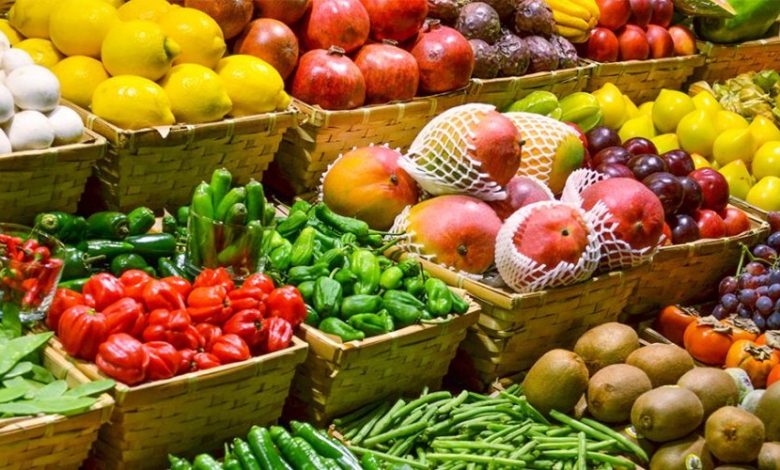COVID-19 Threatens Food Security, Experts Warn

Agricultural experts have expressed fear that food security might be threatened in Nigeria due to the viral COVID-19 pandemic. They pointed out that the agricultural infrastructure had been weakened over the years.
Chijioke Ndem, an agriculture expert, said that with the planting season underutilised, production would be slow as farmers navigate shortages and movement restrictions.
The “farming season is weather dependent and they need to go to the fields when they are expecting rain. Farmers in Nigeria are always in the habit of using only the wet season to farm. They rely on the wet season to produce their food.
“April is the start of the rains for the south, while for the north the start of the season is end of May and June.
So COVID-19 will definitely limit farm production because farmers cannot move, they cannot transport seeds and agriculture importers are not bringing in the best chemicals to use,” he said.
Ndem said that with limited financial resources, the entire agricultural value chain would be affected, specifically the 85 per cent of farmers living below the poverty line.
As many developing countries depend on the West to aid this sector, Nigeria is put at further risk when it comes to receiving financial support and providing food for 150+ million people, he noted.
Ndem further said that there was excessive food wastage across tNigeria and stressed the need for Nigerians to “save the day” and preserve food.
Prof. Damian Chikwendu, a former coordinator of West Africa Agricultural Productivity Programme Nigeria, also said that the lockdown would affect farmers’ ability to get seeds and other farm inputs easily.
In a HumAngle Tweetchat with Suleiman Dikwa, CEO of Green Sahara Farms, outlined steps that could help lessen food insecurity, stressing that the government could make direct investments wherever it had the capacity to do so.
Specifically when it comes to feeding the most vulnerable communities, he called for the refocusing of energy to strengthen the economy through innovation as those living below the poverty line generated over five billion dollars annually.
“It is a great opportunity during an unfortunate period. Nigeria has a chance to actually deploy resources directly to players by cutting the red tape.
“There is no time for bureaucracy. Government needs to change its intervention strategies and deploy resources directly to the land,” Dikwa said.
Meanwhile, to battle food insecurity, especially caused by the COVID-19 pandemic, last week, the Federal Ministry of Agriculture and Rural Development released 70,000 tonnes of assorted grains as palliative to be distributed to vulnerable Nigerians through the National Emergency Management Agency.
The government has made efforts to increase local agricultural yields through various programmes launched in recent years.
Among the effects are the Anchor Borrowers’ Programme that provides farm inputs in cash and kind to smallholder farmers in order to improve productivity and the Presidential Fertiliser Initiative which improves access to fertilisers for the use of farmers.
(Additional reporting by Kunle Adebajo)
Support Our Journalism
There are millions of ordinary people affected by conflict in Africa whose stories are missing in the mainstream media. HumAngle is determined to tell those challenging and under-reported stories, hoping that the people impacted by these conflicts will find the safety and security they deserve.
To ensure that we continue to provide public service coverage, we have a small favour to ask you. We want you to be part of our journalistic endeavour by contributing a token to us.
Your donation will further promote a robust, free, and independent media.
Donate HereStay Closer To The Stories That Matter




